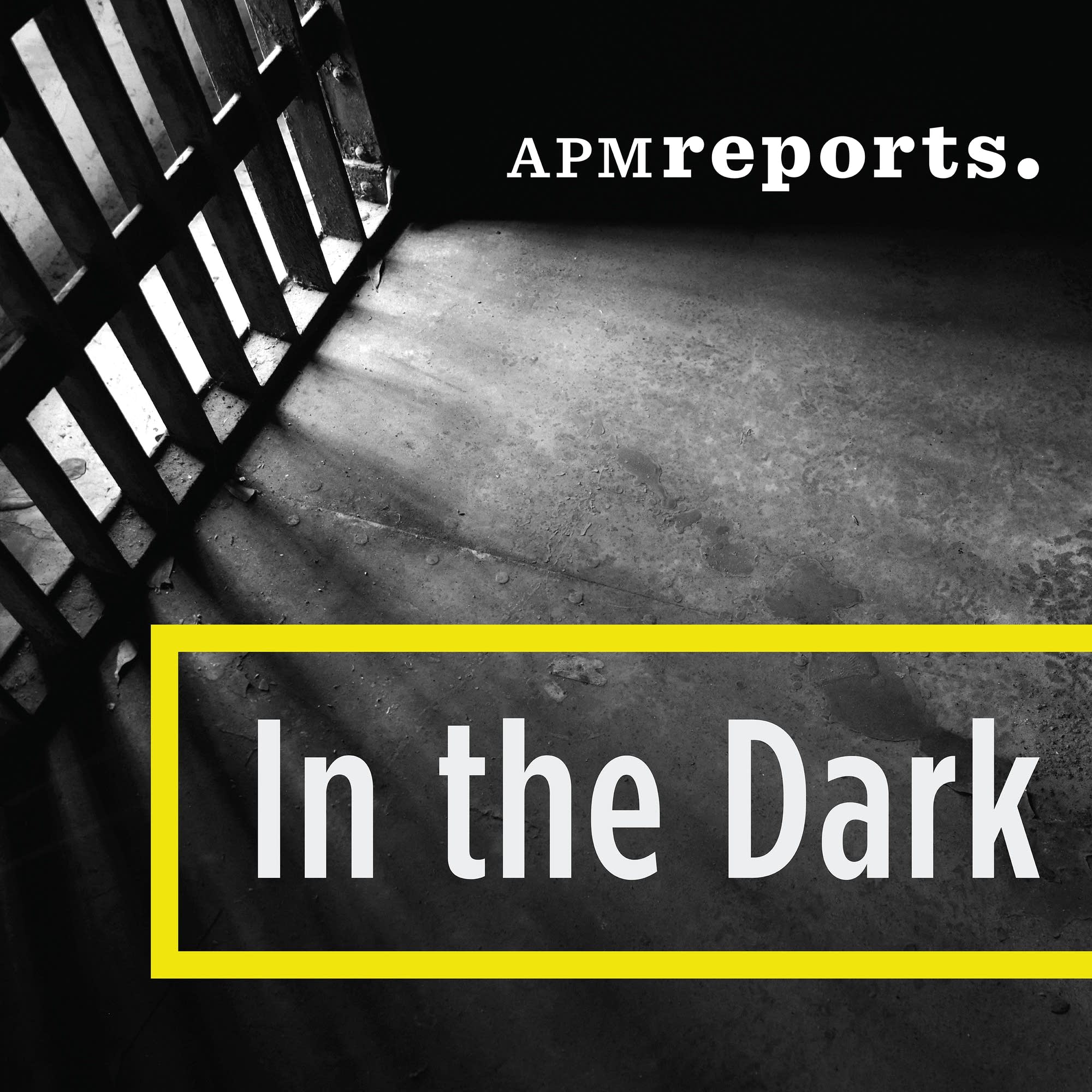Podcast of the Week: IN THE DARK

It seems that as podcasts develop, they will invariably be linked to true crime. It’s hard to pinpoint why the medium seems to be where so much true crime content is produced these days, or why this era has such a glut of true crime in general. Maybe it’s that podcasting audiences are willing to sit through very long, intricate stories. Maybe audiences are more comfortable hearing about horrific crimes than being forced to look at actual images of them. Perhaps we’re living in a time where very little violence is experienced firsthand by upper-middle class people, so secondhand violence becomes fascinating in the abstract. The truth is, I’m not too concerned with why true crime is so popular right now, because when it’s done correctly, it’s an essential form of storytelling to force an audience to consider why we enforce laws the way we do, and why we so often allow impoverished people of color to become trapped in our incarceration systems at wildly disproportionate rates.
IN THE DARK is a podcast from American Public Media which does very, very long-form reporting on complex criminal cases. I am only halfway through their second season, but feel more than confident that this is a podcast that deserves more listeners. The long-form, “spotlight” style reporting that we’re told has gone by the wayside is alive and well on podcasts like IN THE DARK. The second season is devoted entirely to the extraordinary case of Curtis Flowers, a man who has gone on trial six times for the same quadruple homicide that he was originally accused of committing in 1996. Each time he has gone back to trial, the same prosecutor has insisted on bringing charges against him again. It’s been 21 years, the evidence that Curtis is actually guilty is incredibly flimsy at this point, and yet, there is no end in sight to the purgatory Curtis finds himself in. As the story unfolds it’s undeniably enthralling, but with each episode, I also become filled with a leadened sense of dread.
No doubt you’re at least aware of Ava Duvernay’s documentary THE 13TH. Maybe you’ve seen THE WIRE as well and you’ve listened to Kendrick Lamar’s music; if you’re a white reader of this article, you probably feel as though you’re fairly well informed as to how flawed the system of criminal law is in this country. The fact of the matter is, we need to constantly be telling the stories of people like Curtis Flowers. Drastically changing our entire incarceration system, if not getting rid of it entirely, is the single greatest moral issue of our times. The horrors of our prison system can sometimes only fully be expressed through statistics of scale, but we also need to remember that each person incarcerated is a full human being with a complex emotional life. This is a problem which has to be unpacked in the micro as well as the macro. Curtis Flowers is just one of thousands of black men of limited means forced into a never-ending nightmare, and we have a responsibility to wrap our heads around his specific story so that we may one day reach a point where no more Curtis Flowers exist.



